Compassion In World Farming Calls For Ban On Trade Of Farm Animals Suffering During Transport To EU Borders Due To COVID-19
Compassion In World Farming, together with over 35 animal welfare NGOs, announced today that it has sent a letter to EU leaders, urging them to adapt their response to COVID-19. Since long border delays are resulting in animal suffering, the organization called on the EU to ban the transport of farm animals to non-EU countries, as well as journeys that last over eight hours.
Compassion In World Farming is concerned that in the new EU guidelines for border management, published this week, the EU Commission insists that the transport of live animals between EU countries must continue.
These guidelines disregard the severe problems imposed on the health and welfare of farm animals being transported, especially those transported between EU and non-EU countries.
“Due to the increased border control delays resulting from COVID-19, in many cases, the transport of farm animals cannot be carried out in a way that is compliant with EU law,” Peter Stevenson, Chief Policy Advisor for Compassion In World Farming, said in a statement. “The EU Transport Regulation requires that animals are moved without delay to the place of destination, and that animals’ needs are met during the journey. Insisting on continued transport of animals in such conditions is irresponsible and inhumane and disregards the EU treaty, which stipulates that EU law and policies must pay full regard to animal welfare.”
In the letter, Compassion In World Farming noted the following as examples of current problems:
-
Croatia is not permitting livestock vehicles coming from high-risk zones to enter the country, yet those zones are not clearly defined, and are changing from hour to hour.
-
At Polish borders, there are currently long waiting times. There are traffic queues of 40 km at the border between Lithuania and Poland, and queues on the German side of the border with Poland of 65 km, leading to waiting times of 18 hours. The fire brigade is trying to help families in cars and provide water for livestock trucks. The problem is exacerbated by the fact that the infrastructure of some border crossings in Poland does not enable animal transports to be prioritized.
-
Queues at borders are stopping medical supplies and health professionals from getting through; it is even less likely that it will be possible to attend to the welfare of animals caught up in these queues.
Moreover, there is a risk that countries close their borders without having any infrastructure in place to cater to the needs of the transported animals, and provide what is required by EU law, such as food, water, and places to rest.
“The trade in live animals threatens not only the health and well-being of the animals, but it also threatens our health,” said Olga Kikou, the head of Compassion In World Farming’s EU Office. “The drivers, animal handlers, vets, civil servants, and their families can easily get infected. Unlike others who enter and exit the EU, they are not required to be in quarantine. We are putting them and ourselves at risk.”
“We are faced with never-before seen measures to contain the spread of the virus as an increasing number of European countries enter lockdowns. Nonetheless, we allow live animals to be transported everywhere, while the health authorities advise people to stay at home. This is a double standard,” continued Kikou. “The trade in live animals cannot be considered a crucial sector providing essential services to society. This absurdity needs to stop!
You can help all animals and our planet by choosing compassion on your plate and in your glass. #GoVeg


